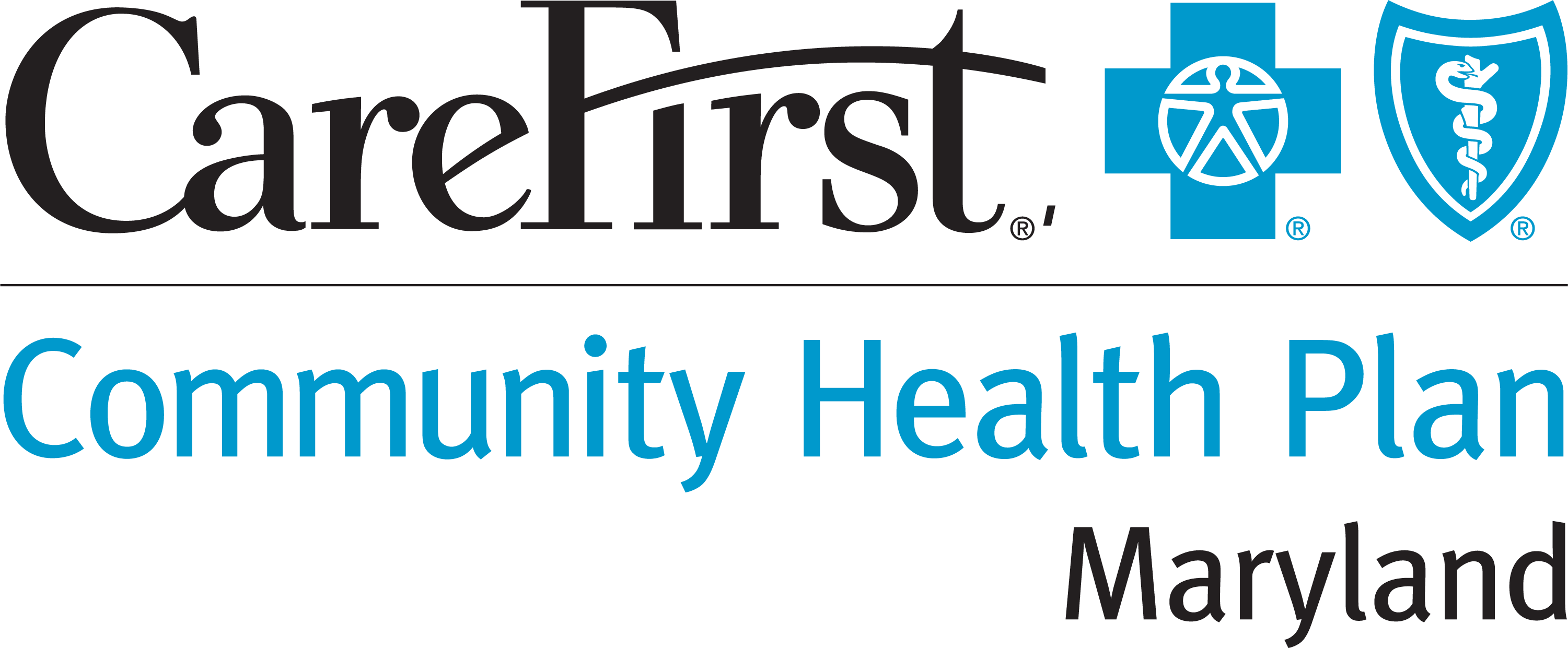Clinical Practice Guidelines
CareFirst Community Health Plan Maryland's Clinical Practice Guidelines are designed to assist clinicians with the treatment of the most common medical issues by providing an analytical framework for evaluation and treatment. Please find below the list of our guidelines with links to the standards adopted by nationally recognized organizations.
Note: CareFirst Community Health Plan Maryland (CareFirst CHPMD) publishes medical guidelines from a number of well-respected national sources. These guidelines may have some differences in recommendations. Information contained in the guidelines is not a substitute for a health care professional’s clinical judgment and is not always applicable to an individual. Therefore, the health care professional and patient should work in partnership in the decision-making process regarding the patient’s treatment. Furthermore, using this information will not guarantee a specific outcome for each patient. None of the information in the guidelines is intended to interfere with or prohibit clinical decisions made by a treating health care professional regarding medically available treatment options for patients.
